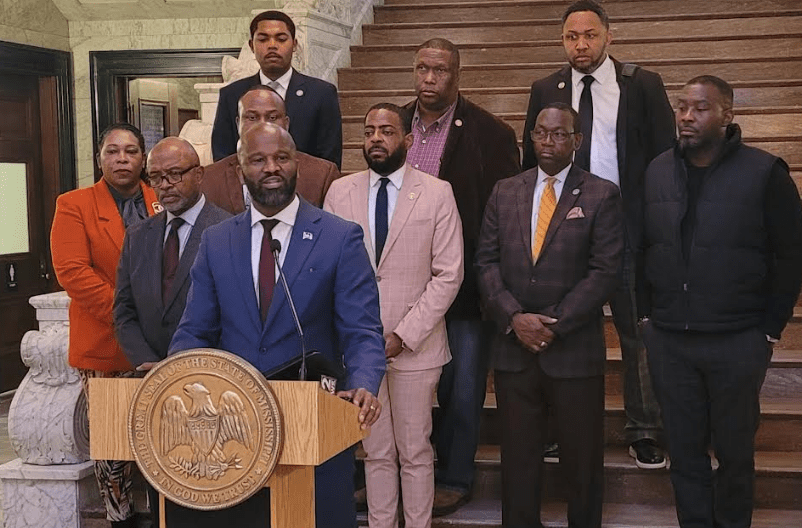
Studio portrait of Sid Salter. (photo by Beth Wynn / © Mississippi State University)
Longevity runs in my family on both sides. My father lived to a few weeks shy of 76 years. My mom made it 82 years. My grandmothers lived to be 93 and 101 respectively. One grandfather died at 76 and the other at 81.
Those numbers tend to be encouraging as I celebrate my 60th birthday this week – or at least with no scientific fact to support my belief, I choose to be encouraged by them. But those numbers represent the up side of my realities.
The down side? Demographics researchers report that for the third consecutive year Americans aren’t living as long. Life expectancy in the U.S., reports Johns Hopkins University Professor David Bishai, has declined from a high of 78.9 years in 2014 to 78.6 years in 2016.
Do those few months matter? As I learned battling cancer in 2017, the answer is a resounding “yes” if the months in question are yours. The remarkable thing is that American life expectancy in 1950 was about 68 years. Advances in medical science, the eradication of several diseases, and increased public awareness about healthy lifestyles combined over the last 70 years to give the average American another full decade of life.
But Dr. Bishai, who studies health economics, observed in a 2018 essay: “The latest data from the Centers for Disease Control and Prevention show that the death count for Americans under 65 rose by 20,566 between 2015 and 2016. Based on population growth alone, one would have expected only 6,131 additional deaths. The other 14,435 Americans died prematurely of causes that could have prevented.
“The U.S. is not bumping up against natural limits to life expectancy. The extra American funerals were for American sisters, brothers, sons, daughters, neighbors and co-workers dying in their 20s, 30s, 40s and 50s. Their death certificates list mostly overdoses from opioids and other substances, cirrhosis, suicide and homicide.”
Despite that stark news, Americans are somewhat sheltered heading to their golden years, aren’t they? There’s Social Security and Medicare, right?
The National Bureau of Economic Research reports that “between 1960 and 1995, the official poverty rate of those Americans aged 65 and above fell from 35 percent to 10 percent (and) Social Security is often mentioned as a likely contributor to the decline in elderly poverty.”
Medicare is also an undeniable factor in that equation. And after 45 years of letting the federal government take about 15 percent of my earnings to cover entitlement benefits promised to my parents and grandparents, I am now in the huge Baby Boomer generation careening toward eligibility for those same benefits. The inevitable question among my age group is one of how long the Social Security and Medicare programs as we know them can continue to exist. The answer is just as inevitable.
Reality is a national debt that is hurtling toward $22 trillion – and that number ignores anticipated future entitlement outlays for Social Security, Medicare, and Medicaid benefits, so the national budget hole is actually more like $200 trillion.
But let’s use the $22 trillion number. Today, U.S. federal tax revenue is $10,141 per citizen while the national debt equals $66,747 per citizen.
Then there is the “graying” of our country. As Baby Boomers age and the nation’s birth rate has declined, the U.S. has dramatically aged. In 1970, the U.S. median age was 28.1. In 2016, it was 37.9. Let’s see now – an older population with fewer workers paying into the entitlement system and a growing number of retirees drawing benefits or entitled to do so.
Our nation faces some extraordinarily hard choices over the next 15-20 years, a period which for me likely coincides with the previously-cited life expectancy numbers. That is, unless my genes follow those of my 101-year-old grandmother and I have another 41 years to go with no time off for good behavior.










